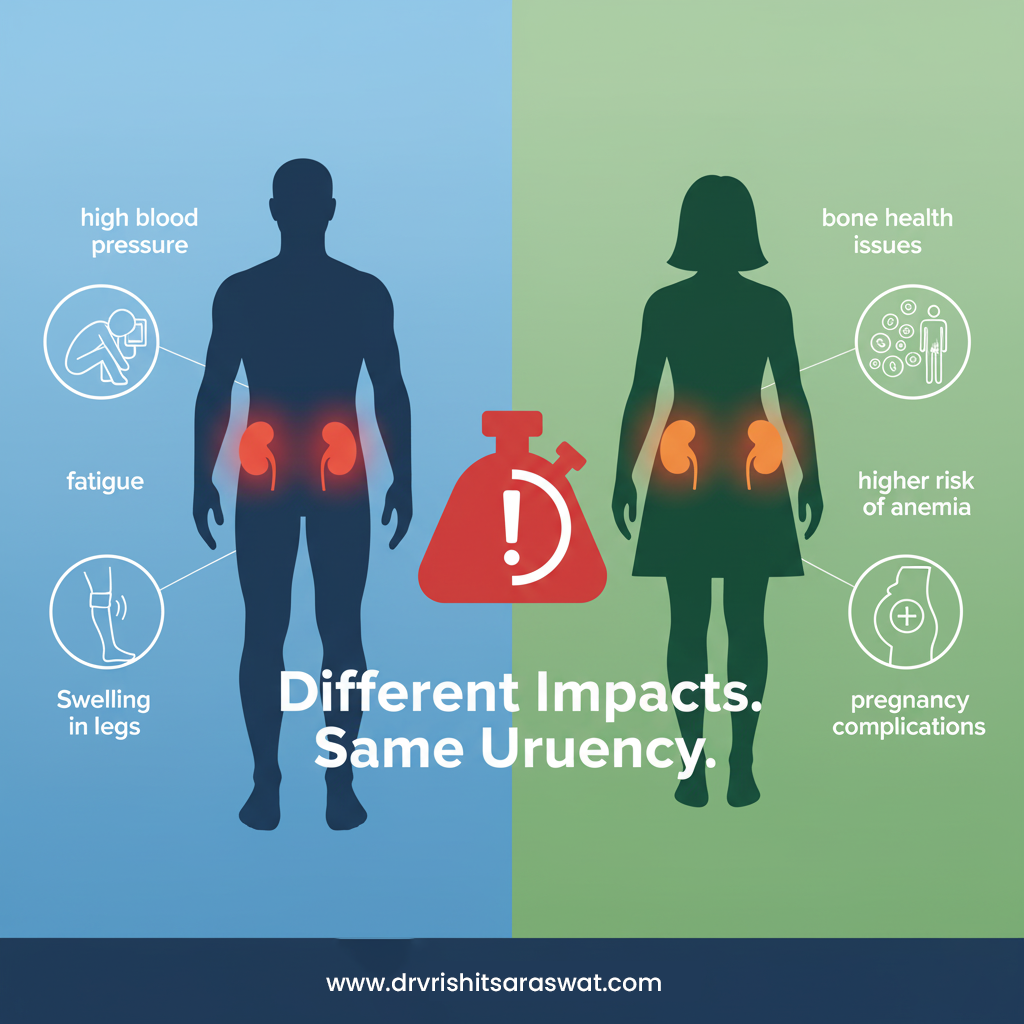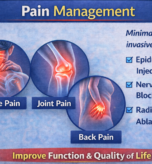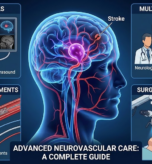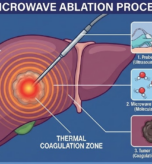Introduction
Kidneys are small but powerful organs. They clean the blood, remove waste, and keep body fluids balanced. However, when they stop working well, kidney disease can begin quietly. The early signs are easy to miss, yet catching them early can prevent serious damage.
If you feel tired often, notice swelling in your ankles, or see changes in urination, it may be time to get checked. In this blog, we explain what kidney disease is, its early signs, and simple ways to protect your kidneys. Moreover,

What is Kidney Disease?
Kidney disease happens when the kidneys are damaged and cannot filter blood properly. As a result, waste builds up in the body, affecting many systems. This can harm blood pressure, bone health, and red blood cell production.
According to Wikipedia – Chronic Kidney Disease, millions of people live with chronic kidney disease worldwide. Unfortunately, many do not know it until the condition has advanced.
Early Signs of Kidney Disease
1. Changes in Urination
The first signs often appear in urination. For example, you may notice:
- More or less urine than usual
- Frequent night urination
- Foamy or cloudy urine
- Blood in urine
These changes mean the kidneys are not filtering waste as they should.
2. Swelling in the Body
When kidneys cannot remove extra fluid, it collects in tissues. Therefore, swelling develops in the feet, ankles, hands, or face.
3. Tiredness and Weakness
Healthy kidneys make a hormone called erythropoietin. It helps the body produce red blood cells. In kidney disease, this hormone is reduced, and as a result, anemia and fatigue occur.
4. Nausea and Loss of Appetite
As toxins build up in the blood, you may feel sick. In addition, appetite may decrease, or vomiting may occur. These are strong warning signs.
5. Itchy or Dry Skin
Moreover, kidney disease can cause mineral imbalance, which leads to dry or itchy skin.
6. Breathing Trouble
Shortness of breath may occur when extra fluid enters the lungs. On the other hand, anemia can also reduce oxygen levels, leading to breathing problems.
7. Poor Concentration and Sleep Problems
Many patients with kidney disease complain of brain fog. In fact, waste products in the blood can disturb sleep and reduce focus.
Diagnosis of Kidney Disease
Doctors use several methods to detect kidney disease early. For instance, they may recommend:
- Blood tests to check creatinine and eGFR
- Urine tests to look for protein or blood
- Blood pressure checks, since high blood pressure damages kidneys
- Imaging such as ultrasound, to see kidney structure
In addition, regular health check-ups are crucial for people with diabetes, hypertension, or family history of kidney disease.
Prevention of Kidney Disease
Although not all cases can be avoided, there are many steps you can take to lower your risk. For example:
- Keep blood pressure and blood sugar under control
- Limit salt and avoid processed foods
- Drink enough water, but not excessively
- Eat more fruits, vegetables, and whole grains
- Exercise regularly to stay at a healthy weight
- Avoid long-term use of painkillers without medical advice
- Schedule regular check-ups with a kidney specialist
Therefore, by following these steps, you can protect your kidneys and overall health.
Conclusion
Kidney disease is often silent in the beginning, but early detection makes a big difference. If you notice signs such as unusual urination, swelling, or constant tiredness, you should not ignore them.
At Dr. Vrishit Saraswat, we focus on accurate diagnosis and advanced treatments to help patients with kidney problems. Moreover, our personalized care ensures that prevention and recovery go hand in hand.
👉 Don’t wait for symptoms to worsen. Instead, take early action and visit Our Services. Early steps can save your kidneys and improve your life






